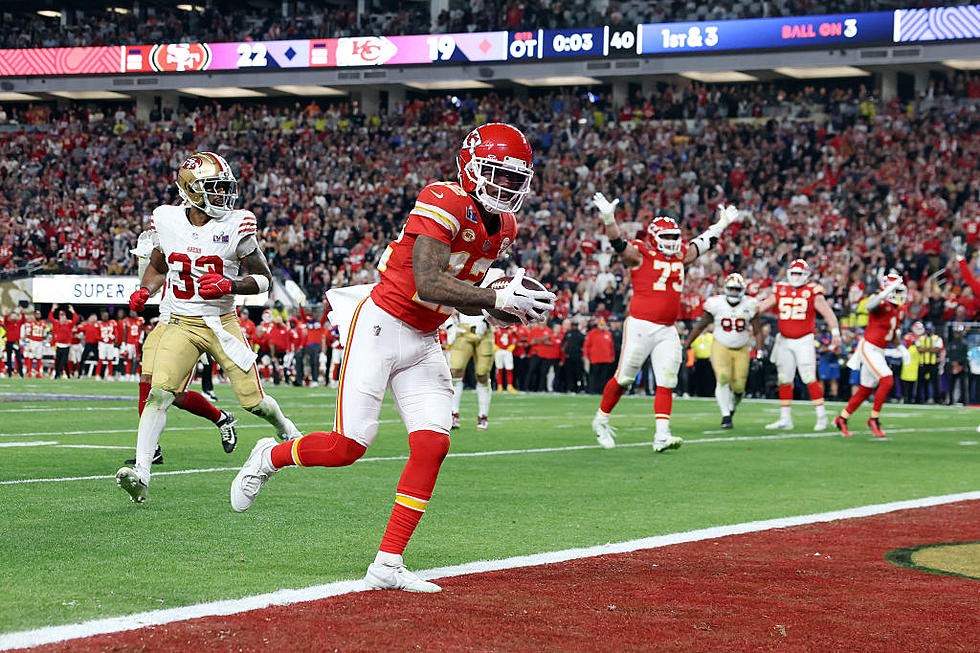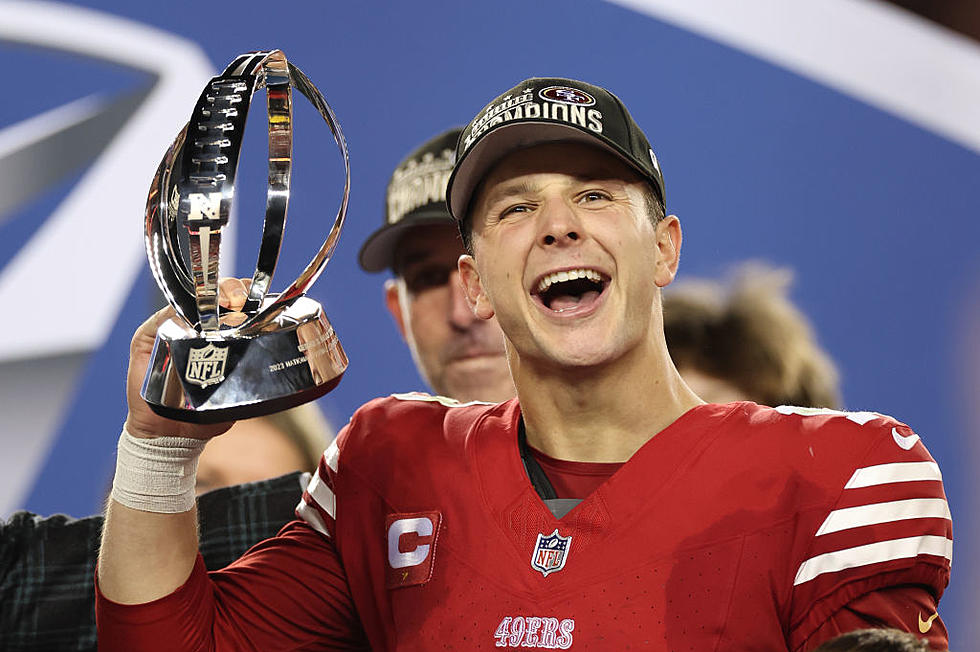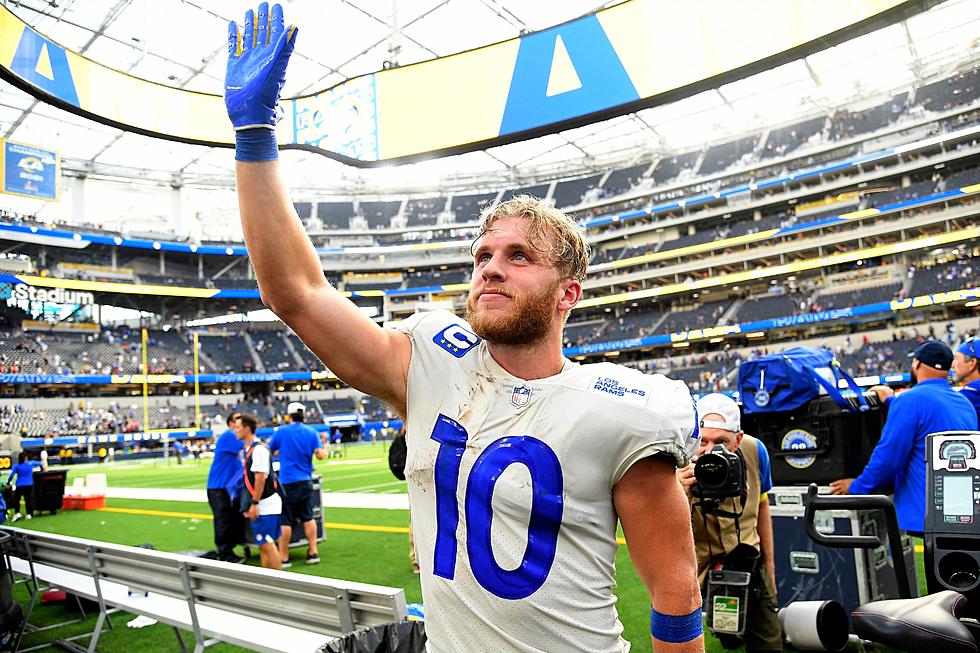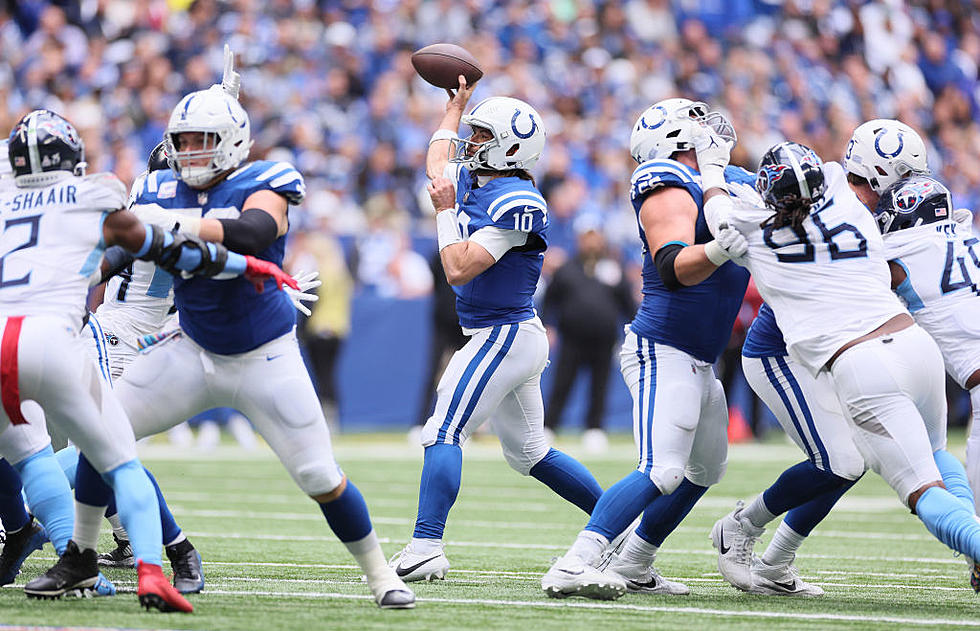
Suit Attacking Super Bowl Ticket Policies Meets Court Defeat
Super Bowl tickets don't figure to get any easier to come by — or any cheaper, probably — after a court ruling Wednesday in a lawsuit brought by a fan against the National Football League.
New Jersey's Supreme Court ruled that the NFL didn't violate state consumer fraud laws with its ticketing policies for the 2014 Super Bowl at MetLife Stadium, a decision that likely will spell defeat for a federal lawsuit that seeks potentially millions of dollars in damages.
A New Jersey man brought the legal action in 2014, claiming he was forced to pay more than double the $800 face value for tickets on the secondary market because the NFL, following its established policy, released just 1 percent of tickets to the public through a lottery.
The rest of the tickets were withheld for teams, sponsors and other insiders.
Seattle defeated Denver 43-8 in the first Super Bowl held at a cold-weather location.
"We are pleased by today's ruling by the New Jersey Supreme Court, which unanimously confirmed that the NFL's distribution of Super Bowl XLVIII tickets was in full compliance with applicable law," NFL spokesman Brian McCarthy said in an email.
In a suit seeking class-action status for himself and thousands of other fans, Josh Finkelman claimed the ticketing policy violated a New Jersey law — since repealed — that required 95 percent of tickets to an event be made available to the public. The law was one of the strictest in the country at the time.
Attorneys for the NFL argued that the lottery didn't constitute a public sale, and thus didn't trigger the consumer fraud law. They said it has been known for years — including by those in New Jersey who sought to attract the game — that the league doesn't release Super Bowl tickets to the public in the same way as music concerts or even other sporting events do.
Finkelman's suit was dismissed twice by a federal judge in New Jersey, but in 2017 a federal appeals court directed New Jersey's Supreme Court to rule on the state law issue. Arguments were held in September.
The New Jersey court agreed with Finkelman that the sale of tickets through the lottery constituted a public sale, but ruled that the 95 percent requirement only applied to those tickets.
"We do not consider the NFL's distribution of other tickets to the 2014 Super Bowl to its teams, other selected individuals, and entities to constitute the unlawful withholding of more than five percent of 'tickets to an event prior to the tickets' release for sale to the general public'" under the relevant state law, Justice Anne Patterson wrote.
Tickets bought on the secondary market were never meant to be part of a public sale, Patterson wrote. The NFL prohibits lottery winners from reselling the tickets they purchase.
Bruce Nagel, an attorney representing Finkelman, called the ruling "mind-boggling."
"This opinion basically contradicts the plain language of the statute," he said.
The 3rd U.S. Circuit Court of Appeals, which ordered the state Supreme Court review, is expected to issue a ruling soon on the fate of the federal lawsuit.
More From 1460 ESPN









